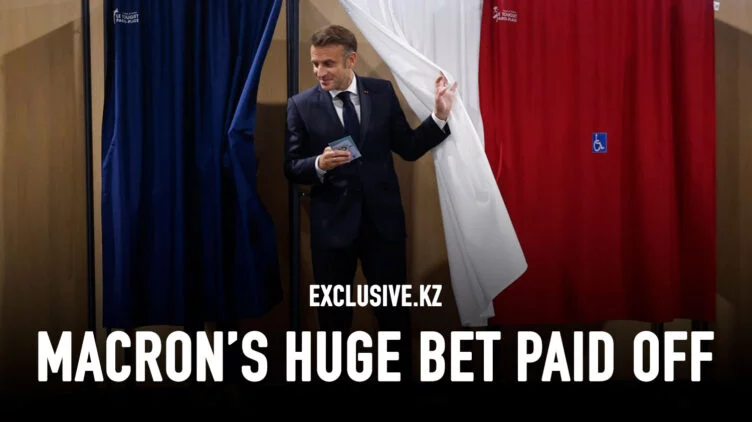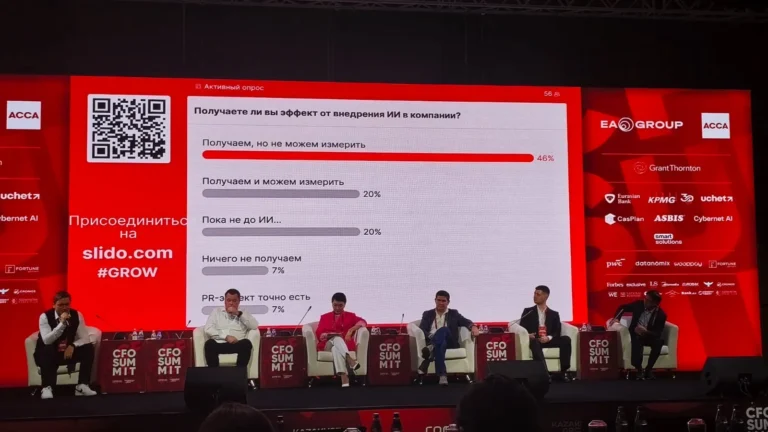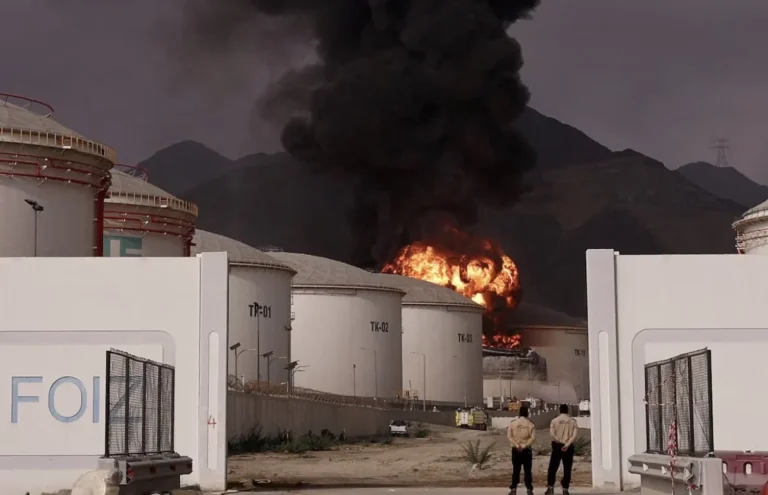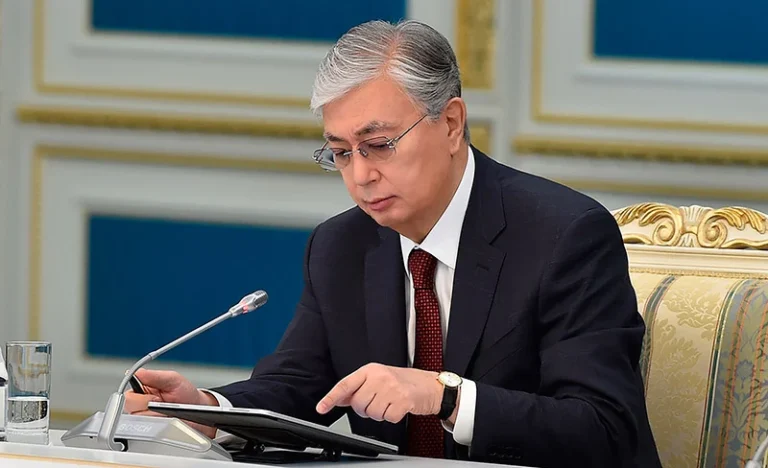If Macron has won the battle, he hasn’t yet won the war

French President Emmanuel Macron shocked his country – and the world – when he called a snap election last month, immediately after his party was trounced by the far-right National Rally (RN) in the vote for the European Parliament. Aside from a small group of advisers, Macron warned no one, not even his prime minister, Gabriel Attal. Yet the move seemed carefully planned. And for Macron, it worked well enough, because defeat did not become debacle.
Since the legislative elections in 2022, Macron had only a plurality in the National Assembly. But by picking up votes on the left or on the right – or legislating by decree – his government enacted significant reforms, not least raising the retirement age from 62 to 64 and tightening immigration. But, as Macron confessed to his father two months ago, to his mind the National Assembly had become “ungovernable,” adding that he was going to dissolve it. He was looking for a way out. Either way, his government was facing a vote of no-confidence after the summer recess and was likely to fall. Better to take the bull by the horns.
When Macron was first elected in 2017, he seemed to be a bulwark against the far-right populist wave that was crashing through the West, first knocking the United Kingdom out of Europe and then lifting Donald Trump to power in the United States. Macron beat Marine Le Pen of the National Front (as RN was then known) by a landslide, 66% to 34%, and repeated the feat five years later, winning 59% of the vote.
But Macron’s popularity has since waned, while support for RN has surged. The writing was already on the wall in the 2019 European elections, when National Rally pushed Macron’s party into second place, 23% to 22%. Five years later, it wasn’t even close: in June’s European Parliament election, RN won 31%, more than double Renaissance’s 15%.

Macron’s apparent rationale for immediately dissolving the National Assembly was that by putting the spotlight on RN during a short election campaign, Le Pen’s party would start to crack. With another three years to go on his presidency, better to face the RN now and try to take the wind out of their sails than to allow their vote to continue to increase and carry Le Pen to the Elysée in 2027.
During the first round of voting, chinks started to appear, not least the fact that RN walked back many of its landmark policies. A “national preference” for French citizens over foreigners for jobs, housing, and welfare? Not anymore (only that dual citizens are to be excluded from strategic positions within the French state). The reduction of value-added tax to 5.5%? Only on gas, petrol, and electricity. Retirement at 60? Actually, in some cases, RN will increase the minimum age to 66. Leaving the European electricity market? Maybe yes, maybe no, depending on who you ask. Only on immigration has RN been consistent, although much of what it proposes has already been done.
Nonetheless, RN won the election’s first round handily, with 33% of the vote, while Macron’s Ensemble (Together) coalition finished not second but third, behind the hastily cobbled-together left-wing alliance, the New Popular Front, which received 28%. Yet the presidential coalition increased its share of the vote by five percentage points compared to the European election, winning 20%, owing partly to high turnout.
In the second round, the chinks became cracks, with the campaign revealing the alarming number of neo-Nazis, racists, and antisemites still within the RN camp, and the seeming incompetence and lack of preparedness of many of their candidates. The Russian question also re-appeared (Le Pen’s 2017 presidential bid received financial support from the Kremlin), with Russia’s foreign ministry publicly declaring support for Jordan Bardella, RN’s new president.
In the end, RN never came close to achieving an absolute majority, falling well short of the required 289 deputies. In fact, it finished third, behind the New Popular Front and Ensemble, which did much better than expected. Today the dominant force in the National Assembly is not the far right but the left, although none of the voting blocs – left, center, and far right – has an absolute majority.
So, now what?
Although the possibility of a technocratic government, to see out the Olympic Games, has been mooted, the likelier scenario is an agreement among the “republican” parties, stretching from the Communists through to the Greens, Socialists, centrists, and conservatives, together with a political program for the next year.
This type of grand coalition has been foreign to French politics since the founding, under Charles de Gaulle, of the Fifth Republic, with its strong president. But it was a feature of the Third and Fourth Republics, and is hardly foreign to other European countries. The last couple of years, when Macron’s government has lacked a parliamentary majority, prefigured the potential of such an arrangement.
Ironically, it was just such a grand coalition that lifted Macron to the presidency in the first place, back in 2017. Three years is a long time in politics, and the challenge for the next government, whichever form it takes, is to resolve the cost-of-living crisis. If Macron has won this battle, he hasn’t yet won the war.
Copyright: Project Syndicate, 2024.





Все комментарии проходят предварительную модерацию редакцией и появляются не сразу.